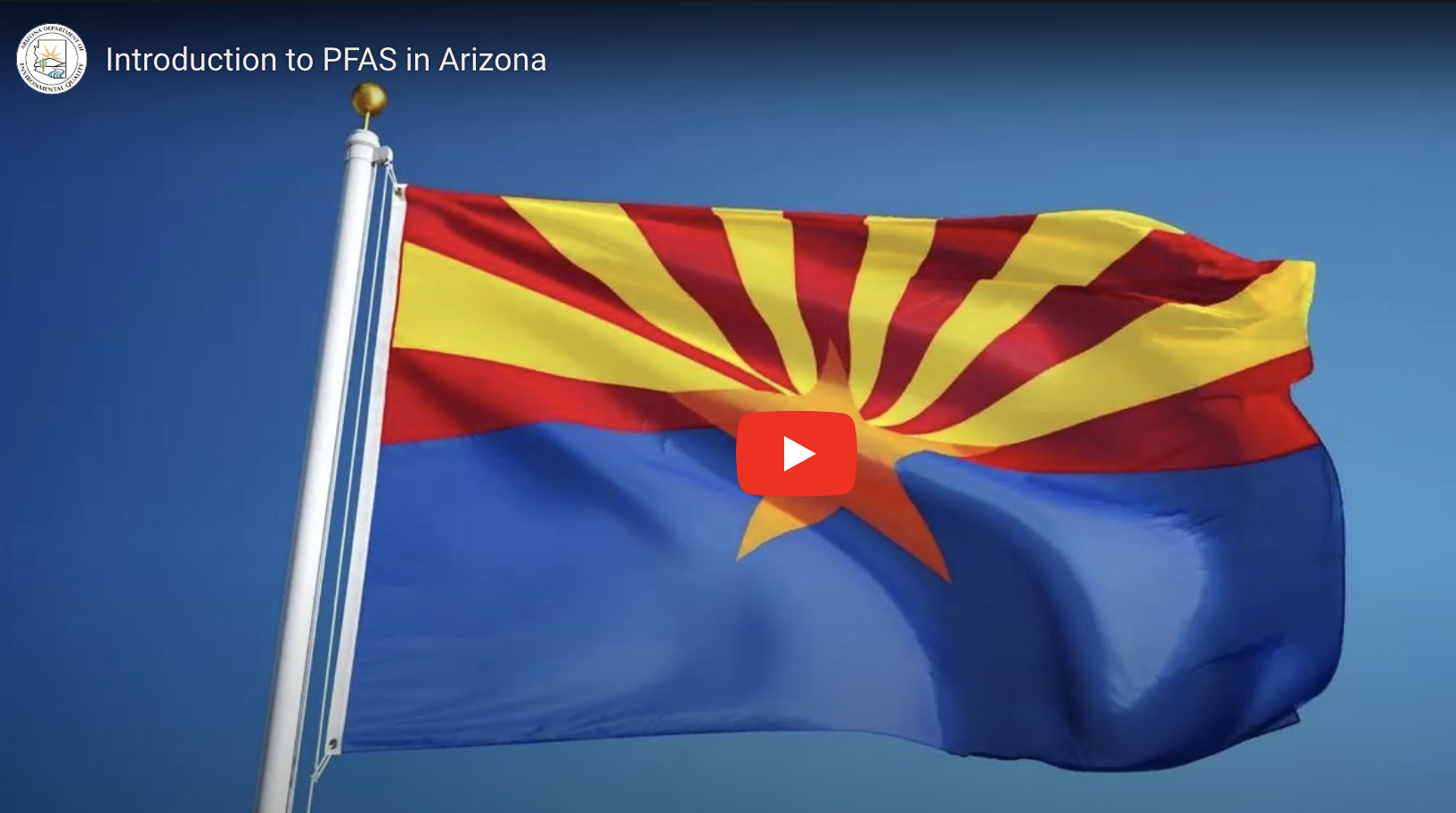WQD | PFAS In Drinking Water
To prepare for the implementation of the NPDWR for PFAS, which applies to approximately 950 Arizona systems, both ADEQ and public water systems have been conducting PFAS testing to identify the extent of PFAS in Arizona drinking water.
In 2018, ADEQ developed and conducted a PFAS screening program for public water systems with wells near areas of potential frequent PFAS use, which included industrial and manufacturing facilities, firefighting training facilities, airports and military sites. Initial screening program results showed more than 94 percent of the public water systems were either non-detect for PFAS tested or were below EPA’s 2016 Health Advisory Levels (HALs) | View Report >
In September 2022, ADEQ announced an agreement with the Water Infrastructure Finance Authority of Arizona (WIFA) to dedicate $3 million of federal Safe Drinking Water Act funds to ensure that every public water system in Arizona is tested for PFAS. ADEQ’s proactive sampling assists Arizona public water systems not part of EPA’s fifth Unregulated Contaminant Monitoring Rule (UCMR5), which began in January 2023 and requires public water systems that serve more than 3,300 customers to test for PFAS.
- If a public water system is already sampling for PFAS, ADEQ will request their data.
- ADEQ’s sampling activities are conducted under a PFAS Quality Assurance Project Plan and, similar to EPA’s UCMR5, the samples are analyzed using EPA Methods 533 and 537.1.
- As ADEQ PFAS sample results become available, ADEQ shares validated data with the public water system owners and operators.
- All data collected by ADEQ is validated, verified and also made available to the public through an interactive map on ADEQ’s website | View Map >
When PFAS are detected in a public water system during an ADEQ sampling event, ADEQ will contact the public water system to discuss the need to:
- Take steps to inform customers,
- Examine steps to limit exposure and
- Additional sampling will be undertaken to assess the level, scope, and source of contamination.
ADEQ recently completed the first phase of its statewide sampling project, testing 693 public water systems. Additional sampling is being conducted to help water systems meet initial monitoring requirements in the PFAS NPDWR. Project results from the first phase of sampling are included in the Phase I Closeout Report | View >
To support small water systems and disadvantaged communities that will need assistance to address PFAS, ADEQ developed and is implementing a statewide drinking water PFAS mitigation plan. The plan leverages $5 million in state funding allocated by Governor Katie Hobbs and the Arizona Legislature to ADEQ in 2023 and additional federal Bipartisan Infrastructure Law funding of approximately $63.5 million.
The ADEQ PFAS Mitigation plan includes:
- Testing for PFAS at public drinking water systems – Confirming the presence of PFAS and testing for other contaminants that can interfere with PFAS treatment.
- PFAS education for drinking water professionals – Hosting forums to discuss industry perspectives on PFAS solutions, developing technical guidance documents for engineers designing PFAS treatment systems and conducting ongoing training webinars.
- Hydrogeologic evaluations – Assessing several PFAS-impacted areas of the state where the hydrogeology is less studied.
- Treatment and infrastructure improvements – Providing funding for the design and construction of PFAS mitigation strategies, such as connection to a clean water source, deepening existing wells or drilling new wells, or PFAS treatment. PFAS resolution options must be carefully determined and factors such as the number of people served and system design.
ADEQ has been engaged in several activities to support knowledge sharing, training, and education for public water systems and water professionals. These activities include hosting forums to discuss industry perspectives on PFAS solutions, developing technical guidance documents for engineers designing PFAS treatment systems, and conducting ongoing training webinars.
Additional Resources:
PFAS Sampling Project: Phase I Closeout Report >
PFAS Map >
Webinars and Workshops >
Decision Trees For PFAS Mitigation:


